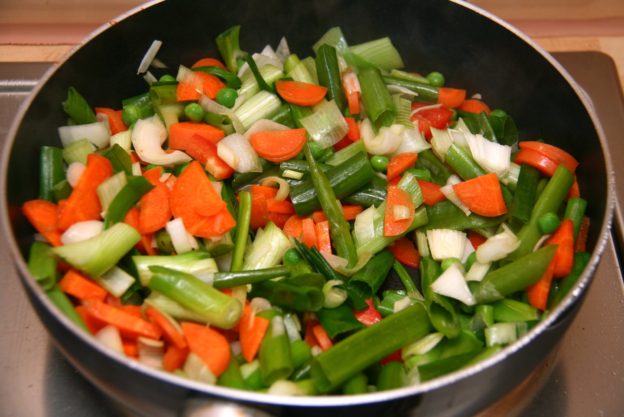Nutrients affect many essential functions in the development and functioning of the immune system. Scientists agree that deficiencies in nutrients can cause immune function impairment, which can be reversed by nutrient supplementation. Controversy exists whether supplementation above levels required to reverse the effects of deficiencies can further augment the normal immune system.
Older adults are more subject to nutrient deficiencies than younger people due to a variety of causes. Therefore, it is essential to keep alert to older adults’ nutritional status and supplement diets when necessary.
Studies have been conducted on apparently healthy older adults to see if further supplementation of specific vitamins and other nutrients could help alleviate immunosenescence (the decline in immune function in the elderly). The design of studies to determine the effects of supplementation on immunity are critical and may account for some of the conflicting results obtained.
Vitamin D can stimulate the innate immune system but could be inhibitory to the adaptive immune system. Clinical studies have shown conflicting results.
Studies on vitamin E supplementation above recommended levels for the aged have shown to enhance the immune response. However, clinical studies on vitamin E’s effect on infection have demonstrated conflicting results due to confounding factors.
Zinc deficiency, common in the elderly, is linked to impaired immune function and increased risk for acquiring infection, which can be corrected by zinc supplementation. However, higher than recommended upper limits of zinc may adversely affect immune function.
Probiotics are live bacteria found in the intestinal tract in sufficient numbers to provide health benefits to the host. Probiotics are thought to regulate immune function in the gastrointestinal tract through interaction with intestinal epithelial cells.
Research on probiotic supplementation shows promise, but results are inconsistent. Probiotics include a wide variety of species and strains, and any immune effects noted could be strain specific. Additionally, probiotics may need to be used for an extended period of time before demonstrating a significant effect.
Whole diet approaches, particularly the Mediterranean diet, suggest that they positively influence several age-related diseases and improve immune responses.
Featured Image: Vegetables as sources of nutrients
Creator: Katrin Gilger
License: CC BY-SA 2.0
References
- Alam, I., et al. “the immune-nutrition interplay in aging – facts and controversies.” Nutrition and Healthy Aging. Vol. 5 (2019) pp. 73-5. https://content.iospress.com/download/nutrition-and-healthy-aging/nha170034?id=nutrition-and-healthy-aging%2Fnha170034
- Pae, M., Meydani, S., and Wu, D. “The Role of Nutrition in Enhancing Immunity in Aging.” Aging and Disease. Vol. 3,Issue 1, pp 91-129. https://www.ncbi.nlm.nih.gov/pmc/articles/PMC3320807/pdf/ad-3-1-91.pdf
- Ramalho, R. “Immunosenescence and nutrition: reviewing clinical vidence on pre-, pro- and synbiotics in aging.” J. Allergy Immunol. Vol. 1, Issue 1 pp.1-7. https:www.oatext.com/pdf/JAI-1-105.pdf
- Wu, D., et al. “Nutritional Modulation of Immune Function: Analysis of Evidence, Mechanisms, and Clinical Relevance.” Front. Immunol. 15, 2019. https://www.frontiersin.org/articles/10.3389/fimmu.2018.03160/full
